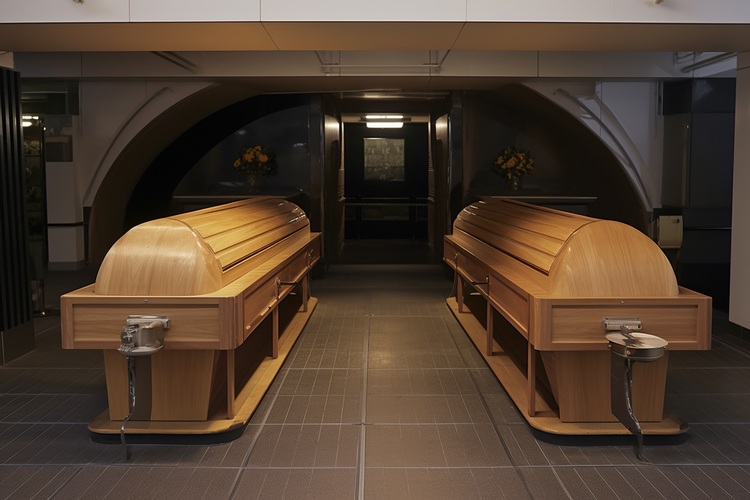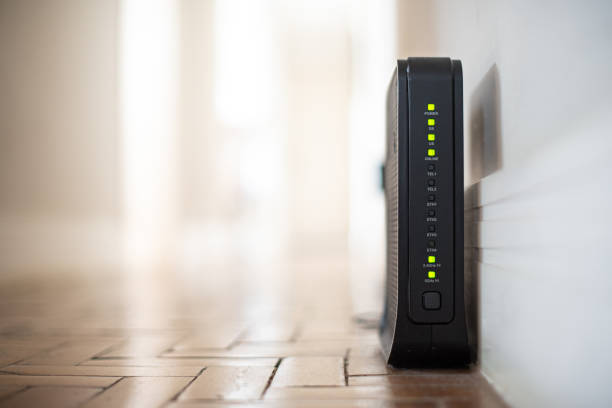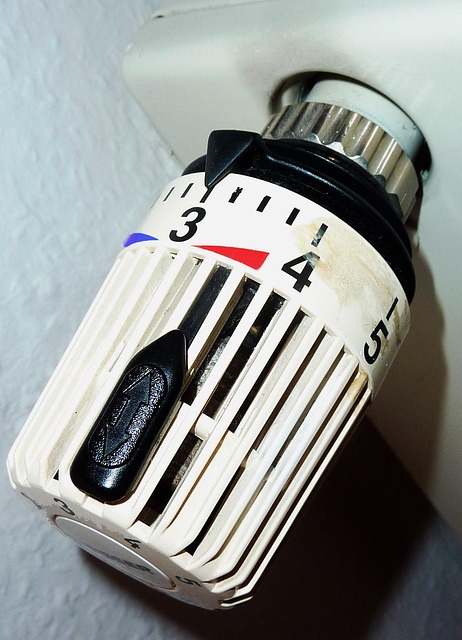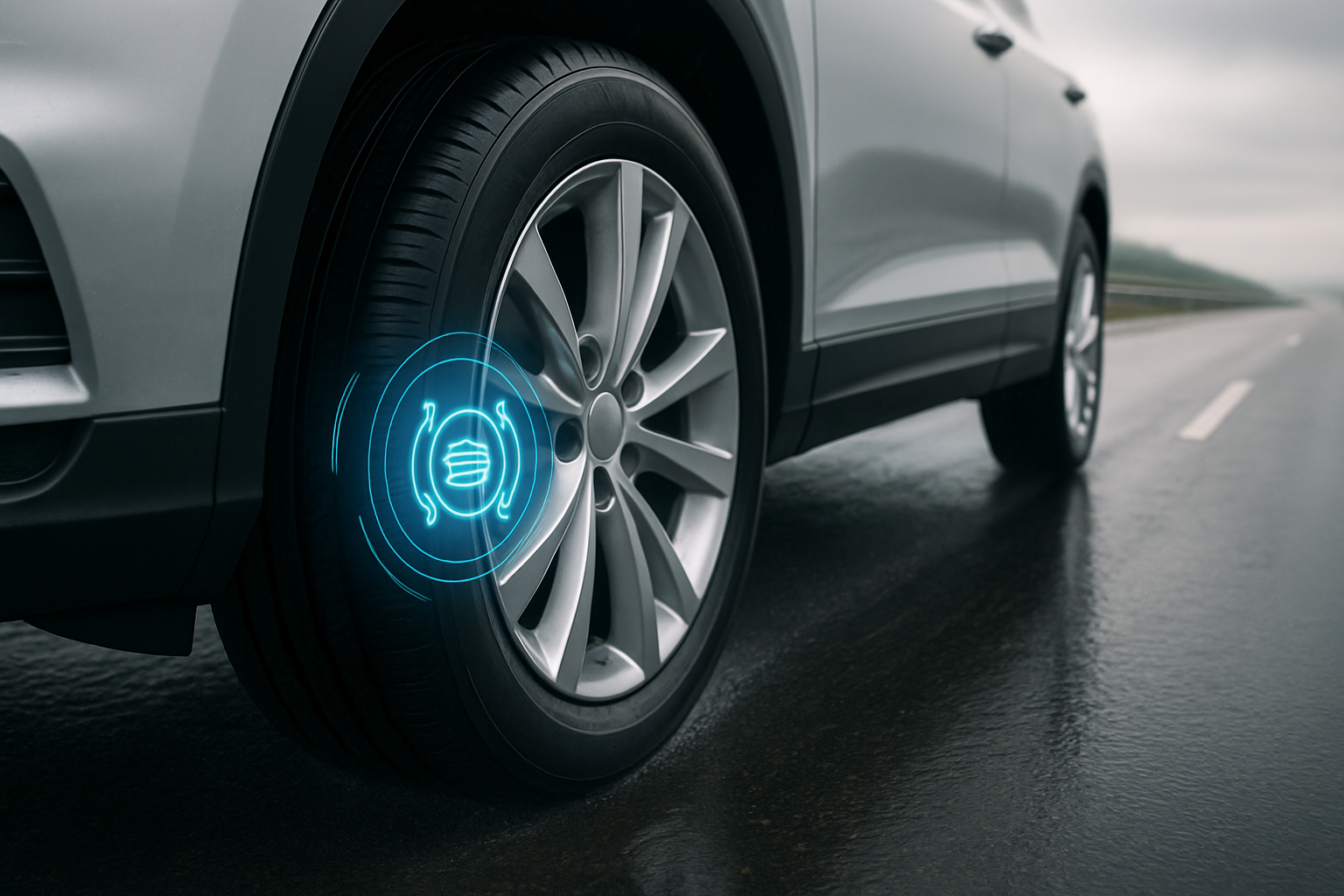Singapore Cremation Services: Trends and Costs for 2025
The cremation landscape in Singapore is evolving rapidly as cultural attitudes shift and new options become available. With cremation rates already among the highest in Asia, approaching 80% of all funeral arrangements, families in Singapore are increasingly seeking personalized, meaningful, and cost-effective end-of-life services. This article explores the projected trends, available options, and anticipated costs for cremation services in Singapore for 2025, providing essential information for those planning ahead or needing to make arrangements for loved ones.

What Cost Considerations Impact Cremation Services?
Cremation costs in Singapore vary significantly based on several key factors. The type of cremation service selected forms the foundation of pricing, with direct cremation typically being the most affordable option, starting from approximately $1,500 SGD for basic services. More elaborate cremation packages that include viewings, ceremonies, and premium urns can range from $3,000 to $8,000 SGD or more.
Location also impacts pricing, with private crematories generally charging premium rates compared to government facilities. The Government-managed Mandai Crematorium offers services at standardized rates of approximately $100-$150 SGD for the cremation process itself, though additional services incur extra costs. Private providers may charge between $500-$1,500 SGD for the cremation procedure alone.
Additional services such as embalming (approximately $300-$700 SGD), casket rental for viewing ($300-$1,200 SGD), urns ($100-$2,000+ SGD), and ceremonial elements significantly influence the final cost. Religious or cultural requirements may necessitate specific rituals that affect overall pricing as well.
What Types of Cremation Are Available in Singapore?
Singapore offers several distinct cremation approaches to accommodate diverse needs and preferences:
Traditional cremation remains the most common option, involving a viewing or funeral service before the deceased is cremated in a casket or coffin. This approach typically includes embalming, a viewing period, religious or cultural ceremonies, and the cremation itself. The entire process usually takes 3-5 days from death to the return of ashes to the family.
Direct cremation is gaining popularity as a simplified and more affordable alternative. This option eliminates viewing periods and elaborate ceremonies, with the deceased being cremated shortly after death, usually within 24-48 hours. The family receives the ashes afterward and may hold memorial services separately if desired.
Water cremation (alkaline hydrolysis) is projected to become available in Singapore by 2025, following regulatory approval. This eco-friendly alternative uses water, alkaline chemicals, heat, and pressure to accelerate natural decomposition, reducing environmental impact compared to traditional flame-based cremation. The process produces similar remains to flame cremation but with a significantly lower carbon footprint.
Sea scattering of cremated remains continues to be a meaningful option for many Singaporeans, with designated areas for this purpose located off the southern coast. This method is expected to see increasing regulation and formalization by 2025 to ensure environmental protection.
What Services Are Offered by Cremation Providers?
Modern cremation providers in Singapore have expanded their offerings beyond basic disposition services to provide comprehensive support throughout the bereavement process.
Pre-planning services are becoming increasingly sophisticated, with digital platforms allowing Singaporeans to arrange and pre-pay for their preferred cremation services. These programs often include detailed preference documentation, payment plans, and price guarantees that protect against inflation.
Memorial services have evolved significantly, with providers offering customized ceremonies that reflect the deceased’s personality, beliefs, and values. These may incorporate multimedia presentations, live-streaming for distant family members, and personalized tributes. Many facilities now feature purpose-built remembrance halls equipped with advanced audio-visual technology.
Grief support is increasingly integrated into service packages, with cremation providers partnering with counseling professionals to offer both immediate and ongoing assistance to bereaved families. Some companies have developed dedicated apps and online communities for continued support.
Keepsake and memorialization options have expanded considerably, including jewelry containing small portions of cremated remains, digital memorial platforms, memorial plantings using specialized biodegradable urns, and even services that transform cremated remains into diamonds or incorporate them into artificial reef structures.
How Are Cremation Services Evolving for 2025?
Technology integration represents one of the most significant trends shaping Singapore’s cremation industry. Virtual attendance at cremation ceremonies is becoming standard, with high-definition livestreaming allowing family members worldwide to participate. Digital memorials provide interactive platforms where loved ones can share memories, photos, and condolences.
Environmental considerations are driving innovation in the sector. Eco-friendly cremation options with reduced carbon emissions are gaining traction, alongside biodegradable urns and environmentally responsible ash scattering practices. Several providers are expected to achieve carbon-neutral certification by 2025.
Cultural fusion is increasingly evident in cremation services, with providers developing expertise in blending traditional religious practices with contemporary elements. This evolution reflects Singapore’s multicultural landscape and the growing desire for personalized experiences that honor both heritage and individuality.
Space-efficient solutions are responding to Singapore’s land constraints, with columbarium designs becoming more innovative. Vertical gardens, digital memorial walls, and shared family niches represent creative approaches to memorialization in a space-limited environment.
What Are the Projected Costs for Cremation Services in 2025?
The following table provides an overview of estimated costs for different cremation options in Singapore for 2025, based on current pricing trends and projected inflation:
| Cremation Type | Provider Type | Estimated Cost Range (SGD) |
|---|---|---|
| Direct Cremation | Government Facility | $1,800 - $2,500 |
| Direct Cremation | Private Provider | $2,500 - $4,000 |
| Traditional Cremation | Government Facility | $3,500 - $5,500 |
| Traditional Cremation | Private Provider | $5,000 - $9,000 |
| Water Cremation (if approved) | Private Provider | $6,000 - $8,500 |
| Sea Scattering Service | Specialized Provider | $800 - $2,000 (additional) |
| Columbarium Niche (25-year lease) | Government | $900 - $1,500 |
| Columbarium Niche (permanent) | Private | $10,000 - $30,000 |
Prices, rates, or cost estimates mentioned in this article are based on the latest available information but may change over time. Independent research is advised before making financial decisions.
How to Select the Most Appropriate Cremation Service?
Choosing the right cremation service involves careful consideration of several factors. First, assess your budget constraints and identify which elements of the cremation process are most meaningful to you and your family. Some may prioritize an elaborate ceremony while others may prefer to allocate resources toward a permanent memorial or charitable contribution.
Review cremation providers thoroughly by examining their reputation, transparency in pricing, and range of services. Many established providers offer consultations to discuss options without obligation. Consider visiting facilities in advance when possible to ensure they meet your expectations and aesthetic preferences.
Cultural and religious requirements should be clearly communicated to potential providers to confirm they can accommodate specific rituals or practices. Many Singaporean cremation providers have extensive experience with diverse traditions but may need advance notice for certain arrangements.
Finally, consider the long-term plan for the cremated remains. Whether you’re considering placement in a columbarium, scattering in a garden of remembrance, or keeping remains at home, understanding the complete process—including any associated costs and regulations—is essential before making final decisions.




